
Newsroom
Equitech Scholar contributes to changing two laws in Nepal
Apr 18, 2023
5 min read
Aakriti Ghimire was part of the inaugural class of the Equitech Scholars program back in 2021. Originally from Nepal, Aakriti studied legal studies at NYU Abu Dhabi. Upon graduation, like many, she says “I was not quite confident or sure where I wanted to go ahead. I had two goals in mind, to read and write more. Equitech’s focus on problem solving and skills was something that really struck me. I’m someone who is value driven, and I like to think about what skills am I going to learn and what do I take away? When I saw that focus, I decided to apply. I really loved the application questions because it asks what innovation you find most interesting, and this is so important.”
Aakriti says she learned math and science during undergraduate study, but not in the way she learned at Equitech Futures. “I really loved the community and group of people I met at Equitech. Specifically, I really loved the Speaking Lab and the Writing Lab; it made me sure I actually want to write more. Having mentors who actually sit down with you and help you think through what you want to write is so valuable.” Aakriti says there were so many social and real world problems she wanted to tackle, and she found her strengths through talking about these problems in her writing, as opposed to quantitatively. “Having undergone that training, that prepared me to take on a journalistic role.” Upon completion of the program, Aakriti started reporting for The Kathmandu Post and realized that with every question she asked as a journalist, she was always asking “give me data.”
“The aspect of data storytelling were key points that I took away from Equitech and that I still use today,” she says.

Currently, Aakriti works with a Member of the Federal Parliament of Nepal, Sumana Shrestha, handling and overseeing her entire secretariat. Her role includes conducting bill reviews, drafting bill amendments, engaging with stakeholders and media, managing teams, and designing fellowships. While volunteering, Aakriti interviewed Sumana, and after talking about their shared philosophies, their mutual appreciation grew. Aakriti was later given this opportunity. One of the major goals for the secretariat is strategizing to place Nepal on the global map as a tech hub. “We want to build Nepal as a tech hub, which means how do we develop a workforce here? What kind of laws and policies need to be in place? What are the international benchmarks Nepal should meet? At every level of decision-making, we need data. We try to support everything by data and evidence and demands that we make.”
One of her most important roles is helping decide what kind of amendments they will put on tabled bills. Aakriti has already contributed to changing two laws. One of these laws includes making all registered bills publicly available online and making sure that every proposed amendment is made immediately available online to the public. Aakriti also advocated for a parliamentary calendar and has ensured that the relevant laws include a provision enabling the House of Representatives to create such a calendar. These are important because they increase transparency in governance, making parliamentarians accountable and enabling the public to analyze the works of their representatives.
“I’ve contributed to changing two laws in this country, and that’s just the start. Growing up, you never think you can change the laws at this age. Our understanding of what the law should look like stemmed from our personal experiences of proposing amendments to various other laws of the country.”
Aakriti says one of her biggest takeaways from Equitech Futures was the people. “There were nights when we would be on calls for 4-5 hours with Bhasi just trying to understand the most complex problems, and it was inspiring to see the dedication Bhasi and my peers were putting in.” She says, “technology is an intimidating sphere,” however, being in the very first class of Equitech Scholars, she knew that as much as the program was experimenting with its curriculum, she was also experimenting with the organization. Aakriti says there was lots of room for her fellow classmates to provide feedback. “The way the faculty tore down these hierarchies and structural organizational boundaries is how the community was able to thrive so much.”

When asked about what advice she gives to the future generation, Aakriti says, “Don’t hesitate to ask for help. Nobody expects you to know everything. Always assume that you know nothing, and go and ask for help at any point. Also, you won’t know what you like unless you try it out. I think experimenting is key, be it with writing, or any career choice you make. It’s always being open to experiment, and being open to taking those sorts of risks. Being okay with knowing you might not be the best at it. One thing I realize is that perhaps it’s not about how smart you are or how much knowledge you’ve gained on something, but about how passionate you are about a topic. I knew I was always interested in politics, but I never found a place to explore this. I gradually got into journalism and found an environment where I could explore that. My pure curiosity, passion, and interest is what got me here. Admitting to oneself that 'I don’t know, BUT I’d like to learn.' For the longest time. I didn’t know how to ask for help, but as a journalist, I had to ask for help.”
“In this role, I’m learning so many things every single day and I have access to information every single day working here on the ground in Nepal, and I don’t think any degree or anything would have been able to give me this. There are times I’ve had to push, assert myself, and get the things done, and said, 'I’m a master of none, jack of all.' I like taking on all types of roles.”
Since Equitech, Aakriti says the way that she researches has improved significantly. She’s always thinking from a data-perspective – who curates the data, what is the quality of the data, what story does it tell, and what biases are in the data.
When asked about her personal aspirations, Aakriti admits she is living her dream already. “I’m doing something I never thought I’d be doing at this time in my life. I don’t know what’s next. There’s so much to learn here!” Aakriti looks forward to recruiting fellows to research technology, policies, e-governance, employability, and leading the change she says they so desperately desire to see. She also wants to open a gender lab. “I want to continue writing articles because I have access to so much information and there’s so much work I want to do. I want to start archiving women’s stories of political struggle: guaranteeing women’s representation in politics, forming inter-party women’s coalitions, and standing up against their party leaders for women’s rights. I was in a room with women who made this happen by writing this in pen. I want to be able to archive these stories.”
About Equitech Futures, she says, “I wish we had hundreds of educational platforms and structures, like Equitech, which genuinely value students’ growth and place critical thinking at the core. I think that bridging this gap between schools and the real world is extremely important. I wish that model of learning how to think - learning that you have a right to question what you’re reading, and you are entitled to ask questions - was replicated across various schools and universities and educational models. I wish Equitech Futures was replicated all over the world!”

More articles
.webp)
Newsroom
No Innovator Left Behind: How Equitech Futures uses philanthropic capital to maximize impact

Newsroom





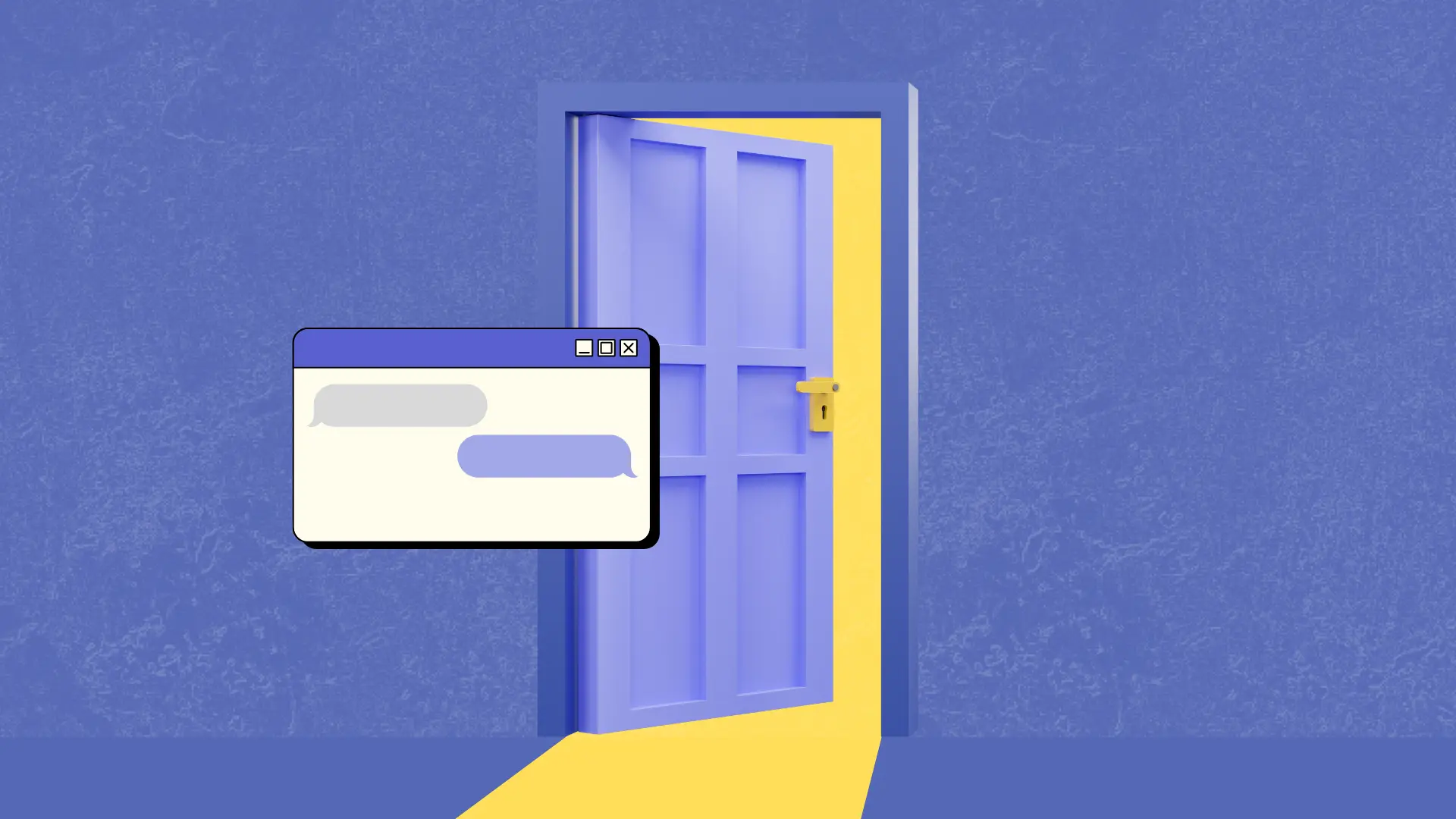

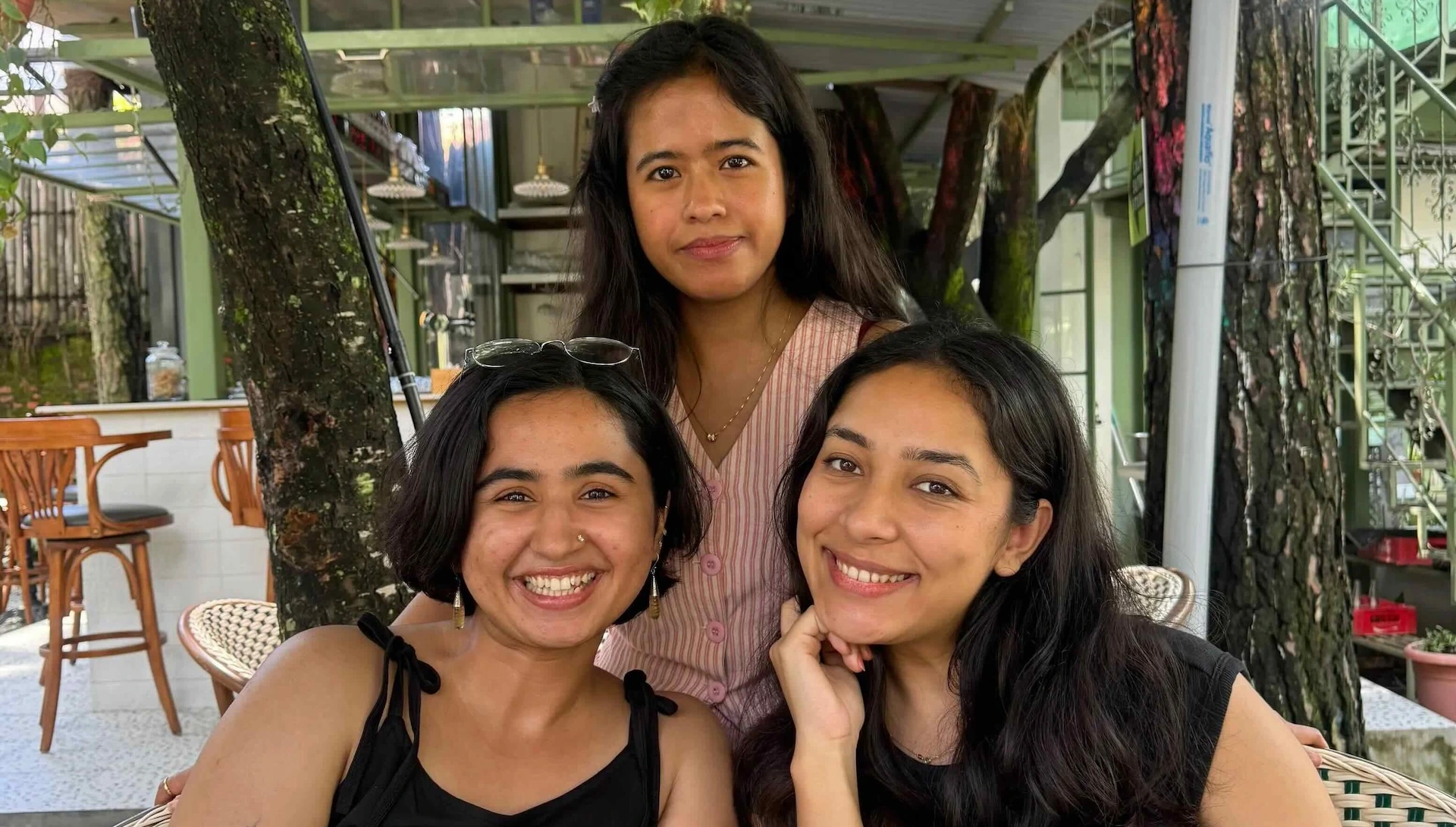
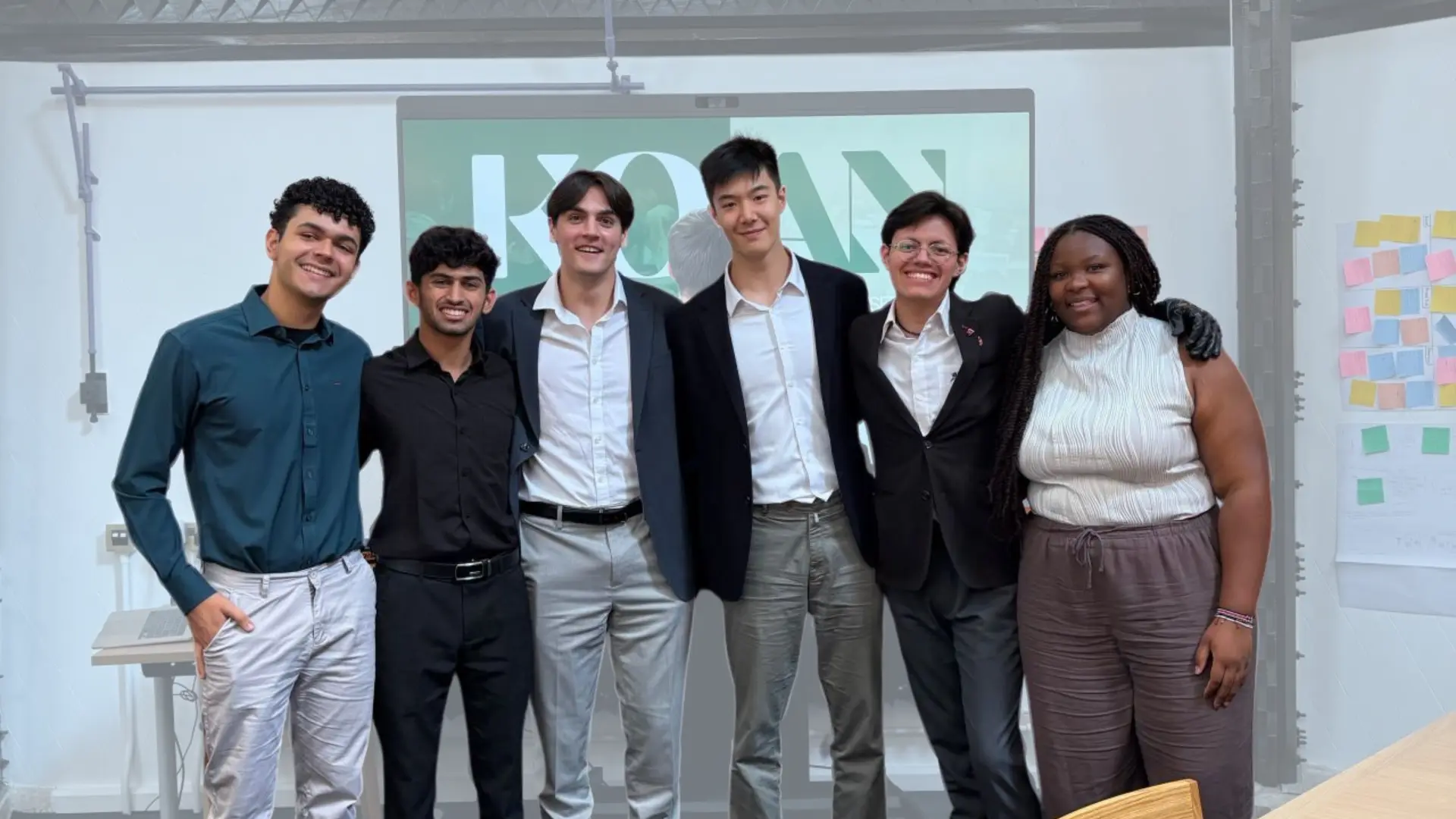
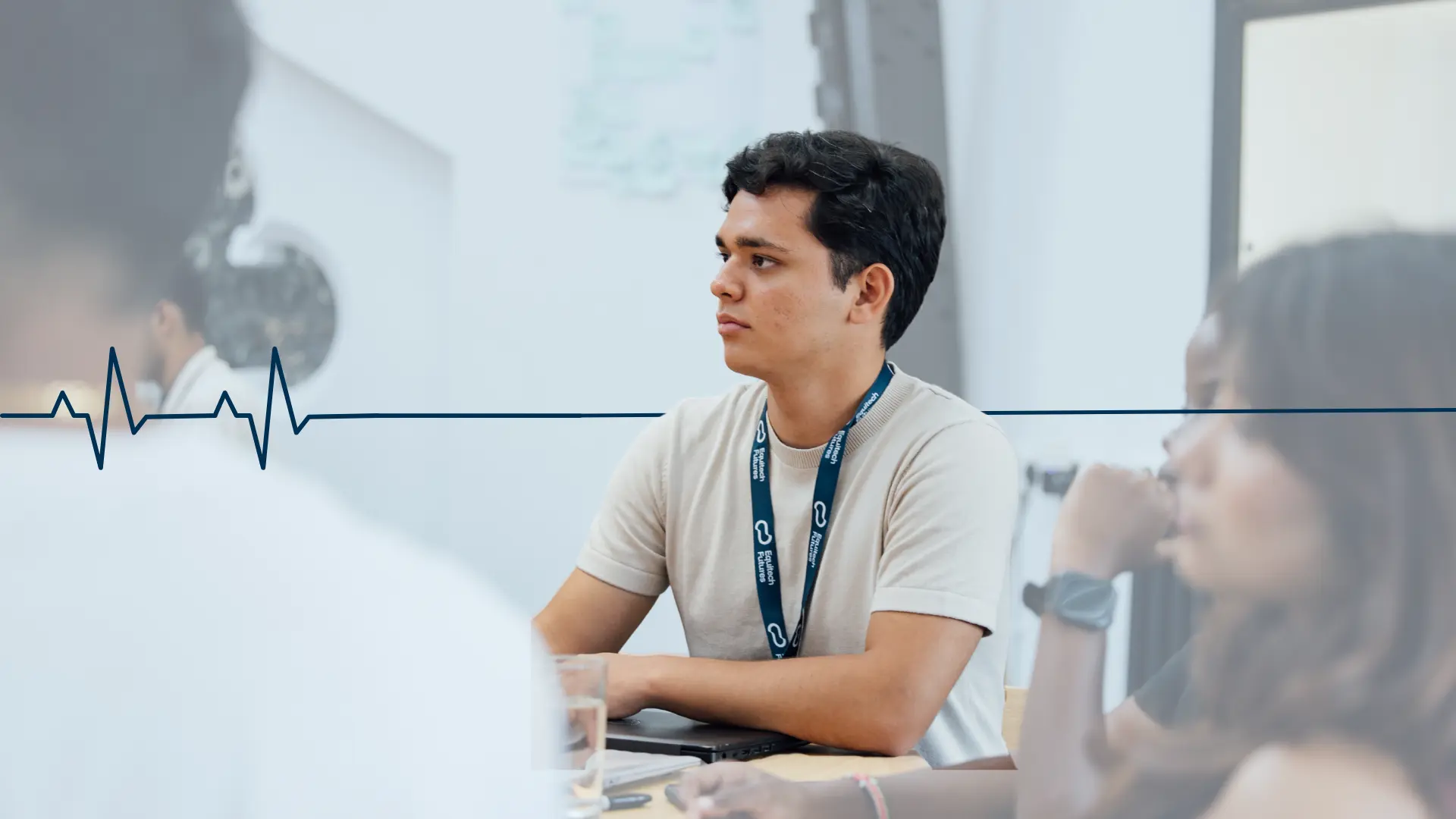

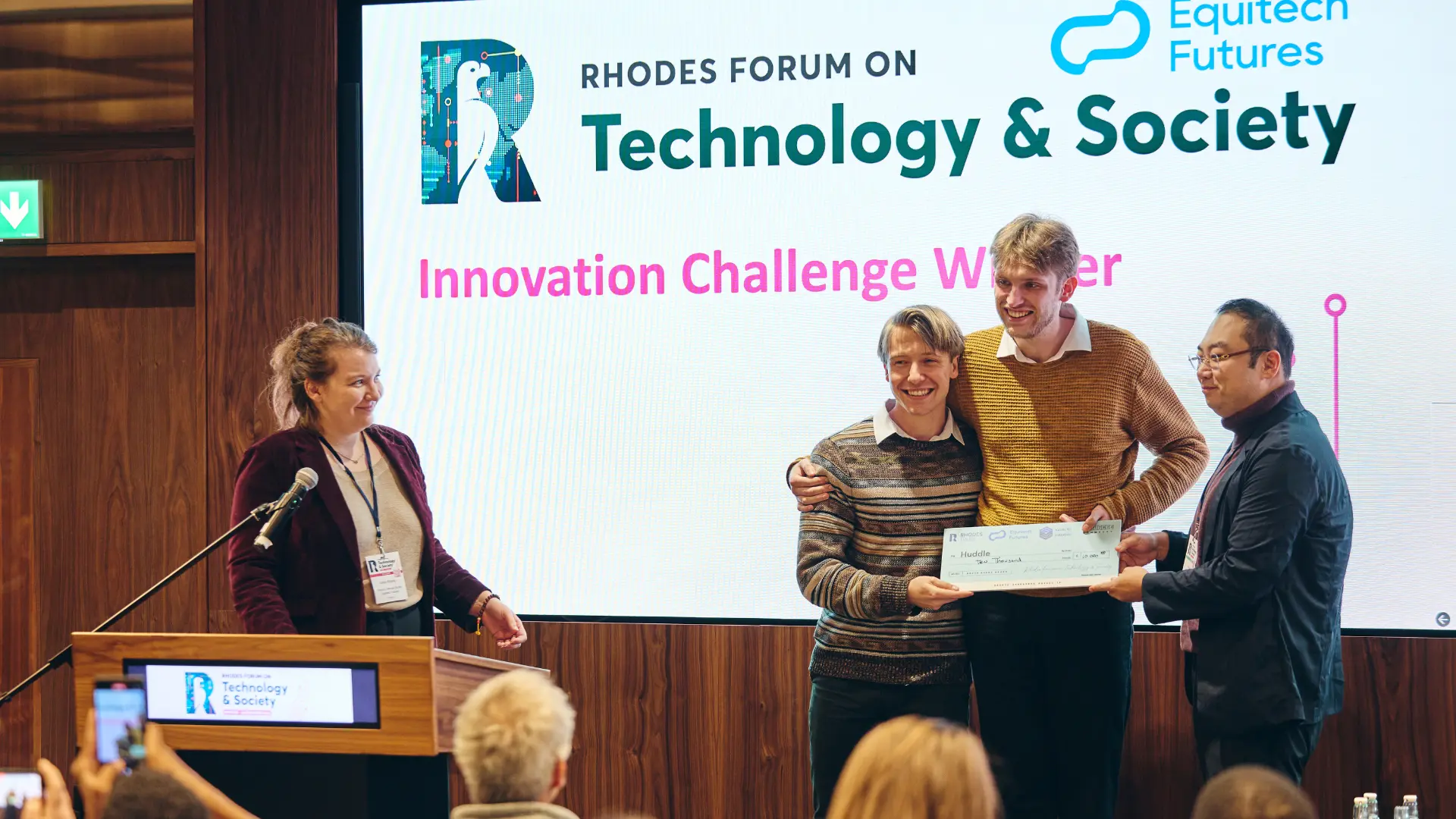







.webp)




.webp)


.webp)









.webp)














.webp)

.webp)


.webp)


.webp)






.webp)



